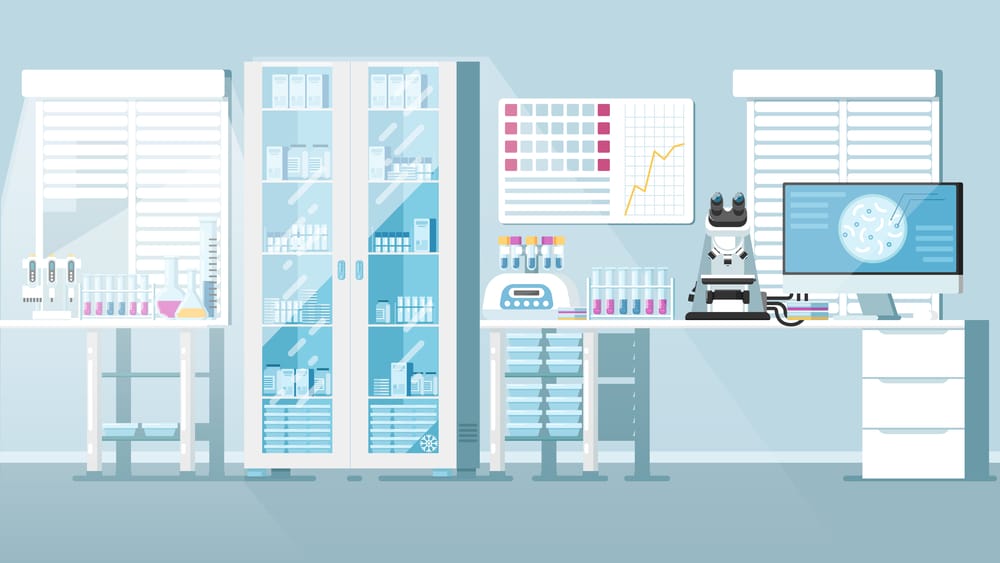Guiding Principles for Building a Smart Laboratory
 Building a Smart laboratory involves a multi-disciplinary approach and a commitment to move away from traditional paper processes. Many day-to-day, routine laboratory operations are still carried out using manual, paper-based systems for everything from recording test results to managing inventories to documenting and scheduling instrument calibrations. This reliance on paper is not just expensive, it also decreases the efficiency of the laboratory workplace and leaves the laboratory vulnerable to having valuable data misplaced, lost or destroyed.
Building a Smart laboratory involves a multi-disciplinary approach and a commitment to move away from traditional paper processes. Many day-to-day, routine laboratory operations are still carried out using manual, paper-based systems for everything from recording test results to managing inventories to documenting and scheduling instrument calibrations. This reliance on paper is not just expensive, it also decreases the efficiency of the laboratory workplace and leaves the laboratory vulnerable to having valuable data misplaced, lost or destroyed.
Technological advancements in wireless networks, laboratory equipment, sensor technologies, micro-electronics, informatics software and other areas have helped to spawn a digital revolution in connectivity in the modern laboratory. Forward-thinking organizations are capitalizing on this digital revolution to create highly integrated and automated smart laboratories that help facilitate product quality and efficiency in manufacturing processes, as well as enhanced innovation and product development through data analysis, process monitoring and continuous feedback.
[Read More]
















